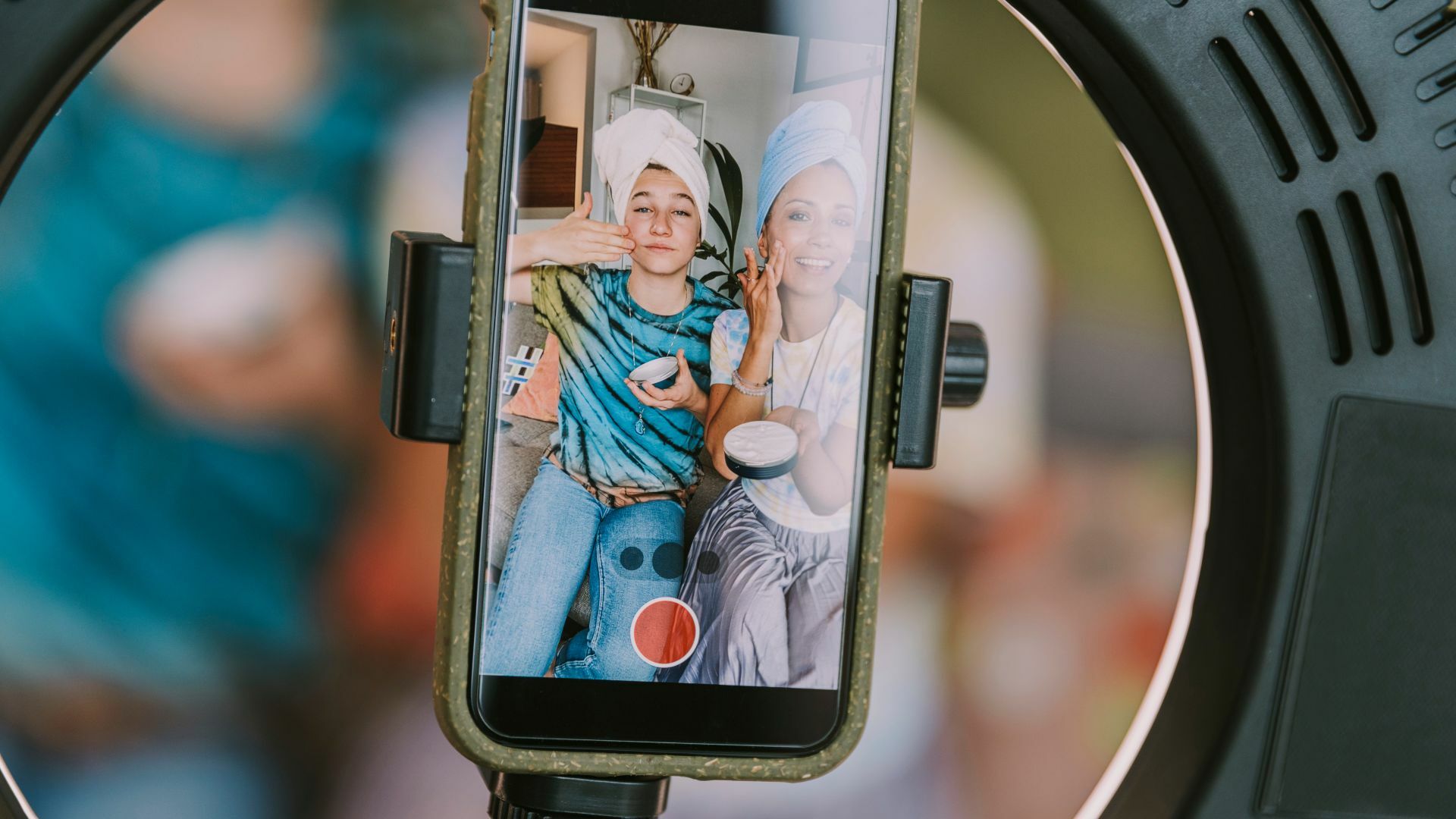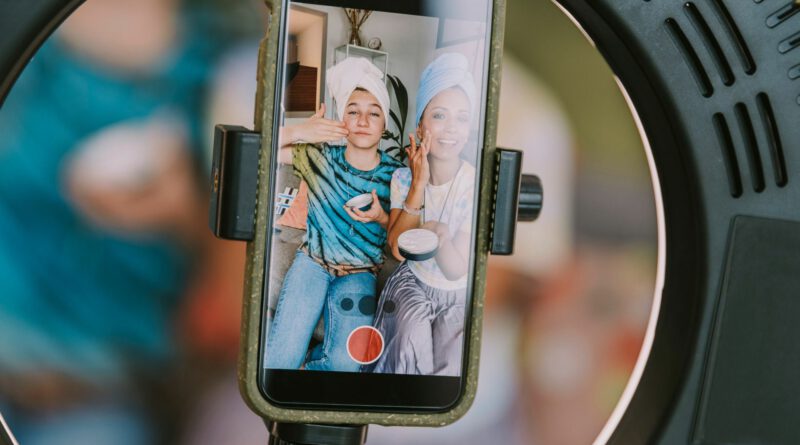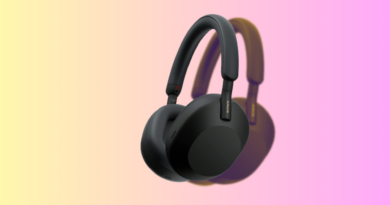Child influencers in Illinois can now sue their parents

Illinois is the first state in America to pass a law protecting child influencers and social media stars, making sure they are paid for appearing in videos posted to monetized online platforms like TikTok and YouTube. And if they’re not paid, they can sue.
The bill, SB1782, was passed unanimously through the Senate in March, after being introduced by Democratic Sen. David Koehler, and was signed into law on Friday. It will go into effect July 1, 2024.
The new law will amend the state’s Child Labor Law to ensure monetary compensation for influencers and social media personalities under 16, so those children who appear in online content will be entitled to a percentage of earnings. To qualify, the videos must be filmed in Illinois and “at least 30 percent of the vlogger’s compensated video content produced within a 30-day period included the likeness, name, or photograph of the minor.”
Those filming the videos — namely parents — are now legally responsible for keeping records of any appearances of kids in their content as well as the number of vlogs that generated compensation, and must put aside gross earnings in a trust account for when the child turns 18. If the vlogger fails to do so, the child can sue.
“The rise of social media has given children new opportunities to earn a profit,” said Koehler in a press statement. “Many parents have taken this opportunity to pocket the money, while making their children continue to work in these digital environments.”
Shreya Nallamothu, a now 16-year-old Illinois-based teen, originally brought the issue to Koehler’s attention.
“I realized that there’s a lot of exploitation that can happen within the world of ‘kidfluencing,'” she told the Associated Press in May, emphasizing that there “was absolutely zero legislation in place” to protect the children of vloggers in particular.
“When scrolling on social media, I always saw young children and families, called family vlog channels, posting videos online. After finding that users could make money off of platforms such as YouTube and TikTok, I learned that, often, these kids are made to participate in videos without any guarantee of the income generated from the content,” Nallamothu said in a statement on Friday.
“Often, these kids are made to participate in videos without any guarantee of the income generated from the content.”
Children and teens “deserve to be shielded from parents who would attempt to take advantage of their child’s talents and use them for their own financial gain,” said Alex Gough, a spokesperson for Illinois Governor J.B. Pritzker, in a statement following the bill’s signing into law.
Other states, including California and Washington, have made moves to protect child influencers and expand their rights, but none have come to fruition as yet. The space of family vlogging has become contentious in recent years, with several incidents raising questions on ethics, safety, child neglect, and exploitation.

